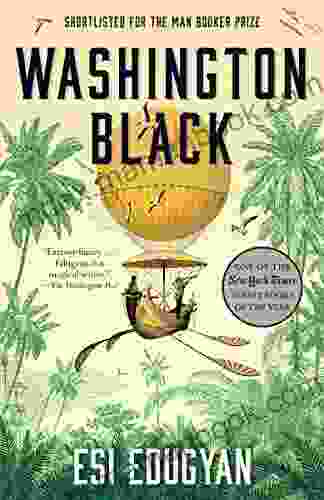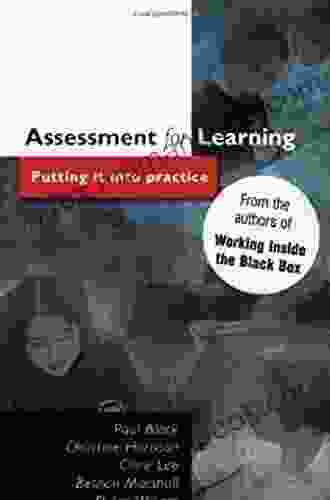Prologue: Unveiling the Conflict
The Thomas Mason Trilogy is an immersive literary masterpiece that transports readers into the heart of the War Against the Sikhs, a series of Anglo-Sikh conflicts that shaped the destiny of the Indian subcontinent. Comprising three gripping novels, "The Lion of Punjab," "The Sword of Fate," and "The Shadow of the Raven," this trilogy offers a panoramic view of this pivotal struggle.
Chapter 1: Setting the Stage
The trilogy opens amidst the vibrant landscapes of the Sikh Empire, a formidable kingdom ruled by the charismatic Maharaja Ranjit Singh. He was a lion-hearted warrior who dreamed of a unified and prosperous India free from British intrusion. However, his untimely death in 1839 plunged the empire into turmoil, creating a power vacuum that the British were eager to fill.
Chapter 2: Key Players Emerge
As tensions escalated, several key figures emerged to play pivotal roles in the conflict. Among them was Thomas Mason, a young British officer torn between loyalty to his country and admiration for the Sikh people. Maharaja Gulab Singh, an astute diplomat and shrewd opportunist, sought to protect his kingdom by playing both sides against each other. Henry Lawrence, a brilliant administrator, attempted to avert war through diplomacy, while Edwardes was a fiery soldier who advocated for decisive action against the Sikhs.
Chapter 3: Clash of Ideologies
The war was not simply a military contest but a clash of ideologies. The British, driven by imperialism and a desire to expand their dominion, sought to subjugate the Sikh Empire. The Sikhs, fiercely independent and proud, fought valiantly to preserve their sovereignty and way of life. The conflict became a battle for the soul of India, pitting tradition against modernity and self-determination against colonial rule.
Chapter 4: Epic Battles and Heroic Deeds
The trilogy narrates numerous epic battles, each a testament to the courage and sacrifice of both sides. From the bloody Battle of Ferozeshah to the siege of Multan and the decisive Battle of Chillianwala, the novels paint a vivid picture of the brutality and heroism that defined the conflict. Amidst the chaos, individual stories of bravery and compassion shine through, reminding readers of the human cost of war.
Chapter 5: Triumph and Tragedy
After a series of intense battles, the British finally emerged victorious in 1849, annexing the Sikh Empire into their vast Indian territories. However, the victory came at a great cost. The war ravaged the Sikh population, shattered their dreams of independence, and left a deep scar on the psyche of the nation.
Chapter 6: Reflections and Legacy
The Thomas Mason Trilogy concludes with a poignant reflection on the war's legacy. It explores the complexities of colonialism, the impact of war on individuals and societies, and the enduring struggles for freedom and self-determination. The trilogy serves as a powerful reminder of the lessons history teaches us about the perils of imperialism, the resilience of human spirit, and the enduring power of reconciliation.
: A Literary Monument
The Thomas Mason Trilogy is a literary monument that stands as a testament to a pivotal chapter in Indian history. Through its captivating storytelling, unforgettable characters, and insightful historical analysis, it invites readers to confront the complexities of war, colonialism, and the human quest for freedom. By immersing us in the heart of the conflict, the trilogy offers a profound understanding of the past and inspires us to reflect on the choices we make in the present.


















































































































